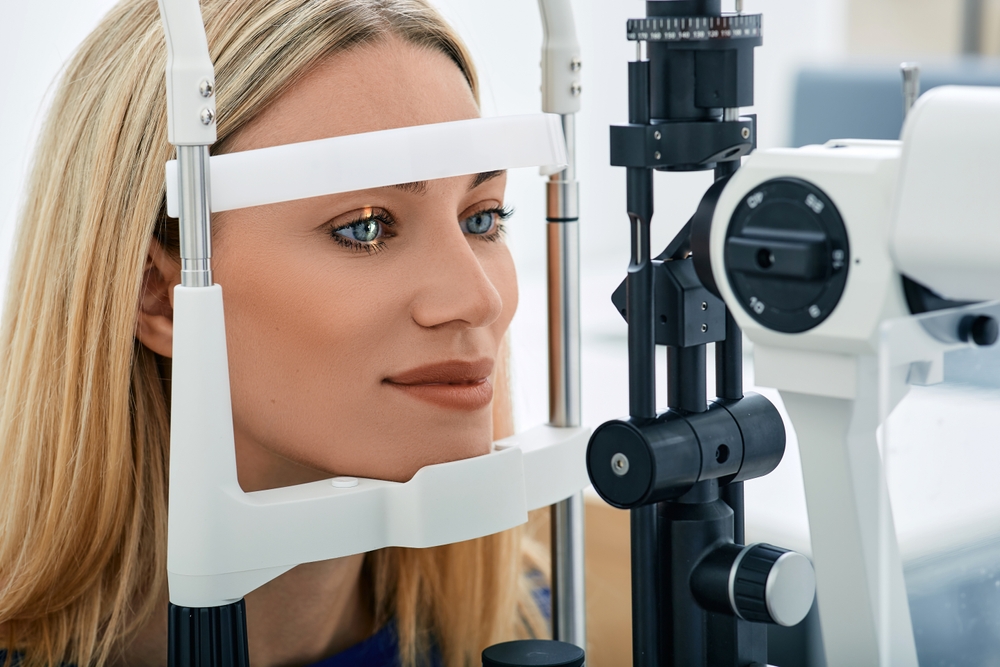
When you experience persistent symptoms like headaches, dizziness, difficulty focusing, or fatigue, your first instinct might be to blame stress, a neurological issue, or even sinus problems. However, these symptoms might stem from a lesser-known but highly impactful condition: Binocular Vision Dysfunction (BVD). Despite its prevalence, BVD often goes undiagnosed or misdiagnosed, as its symptoms closely mimic other conditions.
What is Binocular Vision Dysfunction (BVD)?
BVD occurs when your eyes struggle to work together as a team, resulting in misaligned vision. Even small misalignments can cause your eye muscles to work overtime to correct the problem, leading to a variety of uncomfortable symptoms.
Common signs of BVD include:
Headaches and migraines
Blurry or double vision
Dizziness or vertigo
Eye strain and fatigue
Difficulty concentrating
Anxiety in busy environments (e.g., grocery stores or crowds)
These symptoms often overlap with other medical conditions, making BVD a challenge to identify without a specialized eye examination.
Conditions Commonly Mistaken for BVD
Because its symptoms are so broad, BVD is frequently misdiagnosed as:
1. Migraines or Chronic Headaches
Many people with BVD report frequent headaches, particularly after tasks that require intense focus, such as reading or computer work. Neurological tests may not reveal the root cause if the problem lies in your vision alignment.
2. Vertigo or Inner Ear Issues
Dizziness and a sensation of imbalance are hallmarks of BVD but are often attributed to vestibular disorders like Meniere’s disease or inner ear dysfunction.
3. ADHD or Learning Disabilities
Children with BVD may struggle with reading, comprehension, and focus, which can lead to a misdiagnosis of ADHD or a learning disability. In reality, their visual discomfort is the barrier to effective learning.
How is BVD Diagnosed?
The key to identifying BVD lies in a comprehensive eye examination that evaluates not just your eyesight but how your eyes work together. At Federal Hill Eye Care, our advanced diagnostic tools allow us to detect subtle eye misalignments that may not be apparent during a standard vision test. We also assess symptoms through detailed questionnaires and functional vision testing to determine whether BVD might be the cause of your discomfort.
Why Accurate Diagnosis Matters
Misdiagnosing BVD means prolonged suffering and potentially unnecessary treatments for conditions you don’t have. When correctly diagnosed, BVD can often be effectively treated with prism lenses, which align the eyes and alleviate the strain on your visual system.
Take the First Step Toward Relief at Federal Hill Eye Care
If you or a loved one has been struggling with persistent symptoms like headaches, dizziness, or difficulty focusing, it’s time to consider whether BVD might be the underlying cause. We specialize in diagnosing and treating complex vision issues like BVD to help you regain comfort and clarity in your life.
Schedule your comprehensive eye exam at Federal Hill Eye Care and discover if Binocular Vision Dysfunction could be the root of your discomfort. Visit our office in Baltimore, Maryland, or call (410) 752-8208 to book an appointment today.







